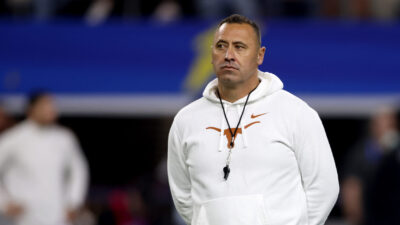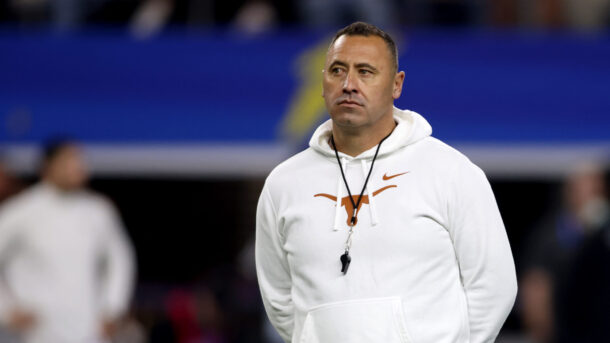Ad Disclosure

This isn’t the year to judge Ed Orgeron strictly on wins and losses
By Les East
Published:
It was one year ago this week that Ed Orgeron was installed as LSU’s head football coach.
The Tigers started last season 2-2, Les Miles was fired and Orgeron was promoted from defensive line coach/recruiting coordinator to interim head coach.
LSU went 6-2 under Orgeron, earning him a new contract, and this year’s team is off to a 3-1 start going into its game against Troy on Saturday night in Tiger Stadium.
So what exactly has changed in the last year? Well, not a whole lot.
That might sound like an indictment of Orgeron, but it’s not. Expecting the Tigers to be significantly better — or worse — 12 months after Miles’ dismissal would be unrealistic.
Miles was fired because the first four games demonstrated that LSU was greatly inferior to the unrealistic No. 5 preseason ranking it was given. That start might not have been fatal to Miles if it hadn’t come on the heels of Miles surviving the previous season in a Houdini-like manner when the Tigers rallied in the second half to beat Texas A&M in the regular-season finale as the terms of his dismissal were being discussed by the university brass.
The firing also might not have happened if the two losses last September — to Wisconsin in the opener and three weeks later to Auburn in Miles’ final game — hadn’t featured the type of offensive and clock management shortcomings that had plagued previous Miles teams, especially during the program erosion that began in 2012.
Enough was enough.
Orgeron’s initial promotion was a matter of convenience in an effort to stabilize recruiting and lean on a coach who had succeeded in an interim situation at USC. His on-the-job audition went from a courtesy to a serious evaluation as the team responded positively to Orgeron’s passion.
In the end, the improbable selection of Orgeron as the full-time head coach had more to do with then-Houston coach Tom Herman vacillating over a Tigers offer than it did with any epiphany about Orgeron. Herman was intrigued by the opening at Texas, which he ultimately accepted.
Orgeron moved quickly to retain defensive coordinator Dave Aranda, who arrived prior to last season and prevented the early-season failures from being worse.
Additionally, Orgeron was well aware of Miles’ shortcomings and was careful to try and avoid a repeat of them, primarily by hiring Pittsburgh coordinator Matt Canada to juice up the moribund offense. So far Canada’s offense has shown flashes of being explosive, but hasn’t yet been transformational.
This season got off to an impressive start with a 27-0 victory against BYU and a 45-10 win against Chattanooga. But then the Tigers got pushed around on both sides of the ball in a 37-7 loss at Mississippi State in the SEC opener.
A 35-26 victory against Syracuse last week did little to mitigate concerns that arose in the game against State, and nothing that happens against Troy can do much more than that, though a poor performance would send Tigers fans scurrying with fingers pointed in search of panic buttons to push.
Whether Orgeron has the program headed in the right direction will start to become clearer during the rest of SEC play, beginning with a trip to Florida on Oct. 7. Then there are home games against Auburn, Arkansas and Texas A&M as well as road games against Ole Miss, Alabama and Tennessee.
A winning record in the SEC would be encouraging, and a losing one would be discouraging. But neither figures to be determinative.
Ultimately, whether hiring Orgeron was wisdom or folly likely won’t be determined this season. Miles won a national championship in 2007 and four years later guided LSU to one of the most dominant regular seasons in NCAA history before the Tigers flopped in a 21-0 loss to Alabama in the national championship game.
Since then, LSU has deteriorated while sending players — especially underclassmen — to the NFL in record numbers.
If Ed Orgeron is going to restore the Tigers’ program to national prominence, he’s going to do it through recruiting multiple elite classes. Remember, his role as recruiting coordinator was a factor in him getting the interim job as well as the full-time job.
Recruiting under Orgeron as head coach got off to a solid start last year, and 20 first-year freshmen have played already.
So one year after Miles’ departure, no, not much has changed.
But this wasn’t going to be a one-year fix or even a two-year fix.
Les East is a New Orleans-based football writer who covers LSU for SaturdayDownSouth.com. Follow him on Twitter @Les_East.




